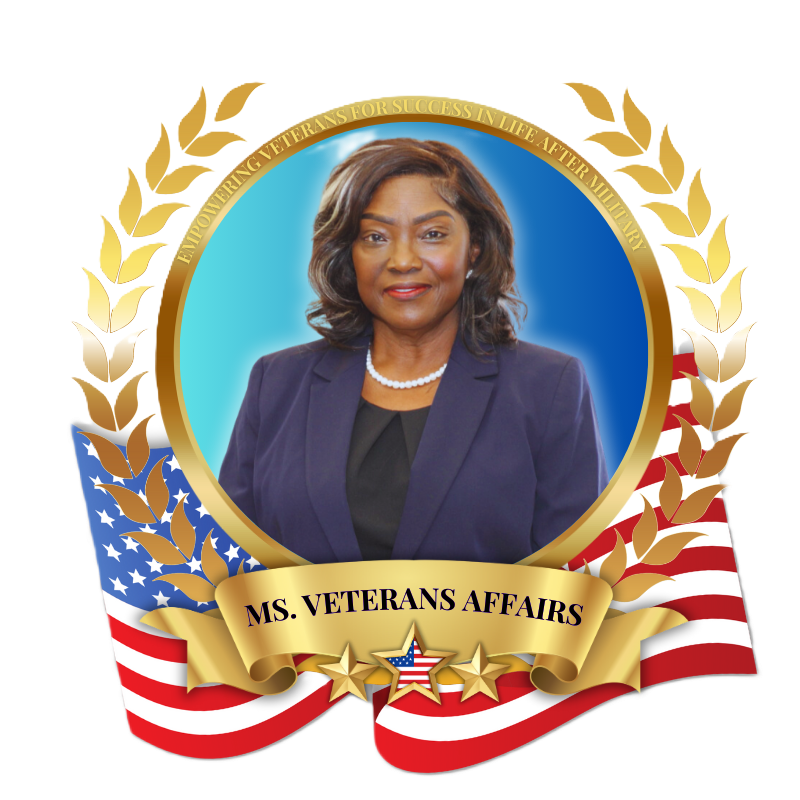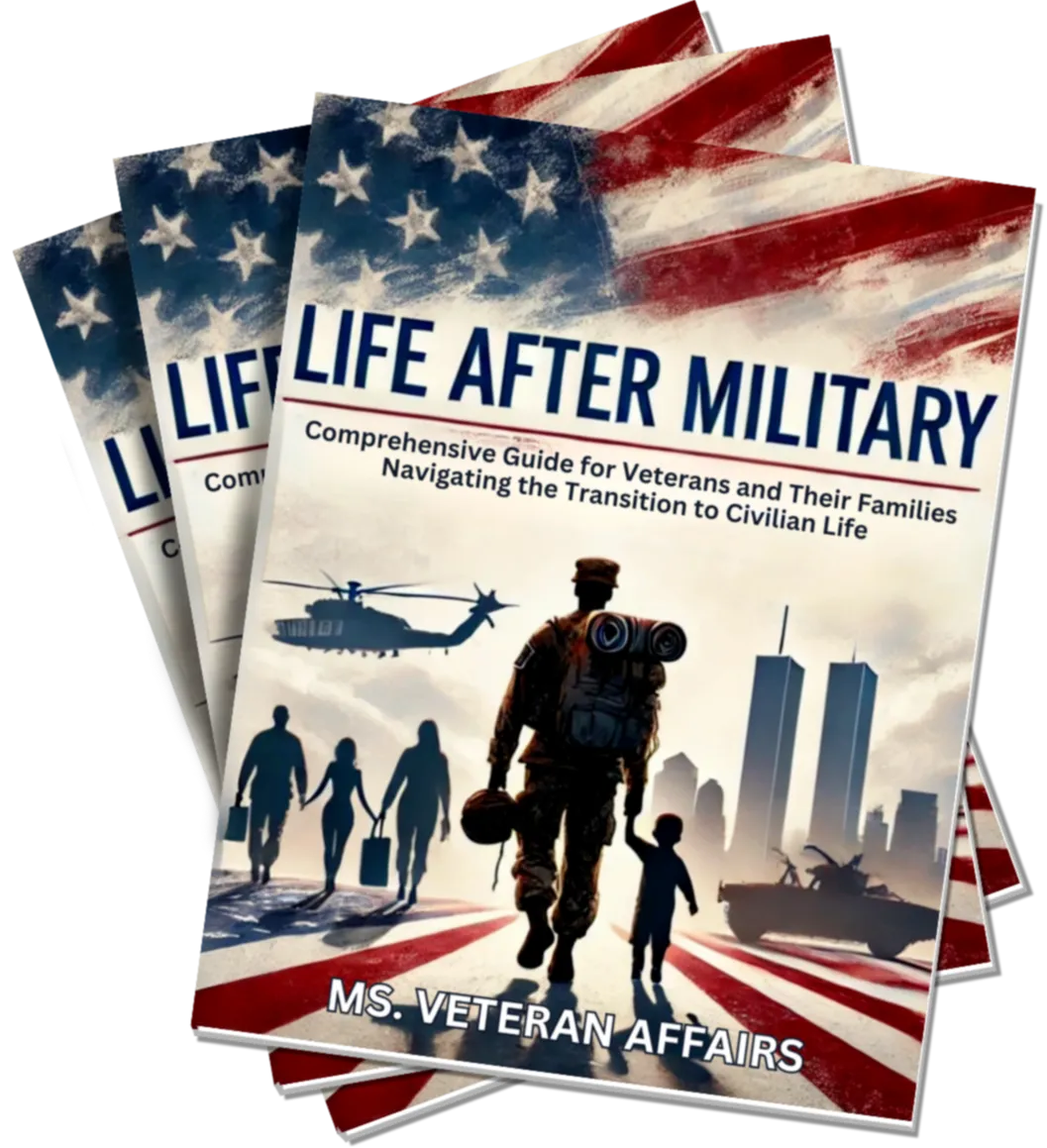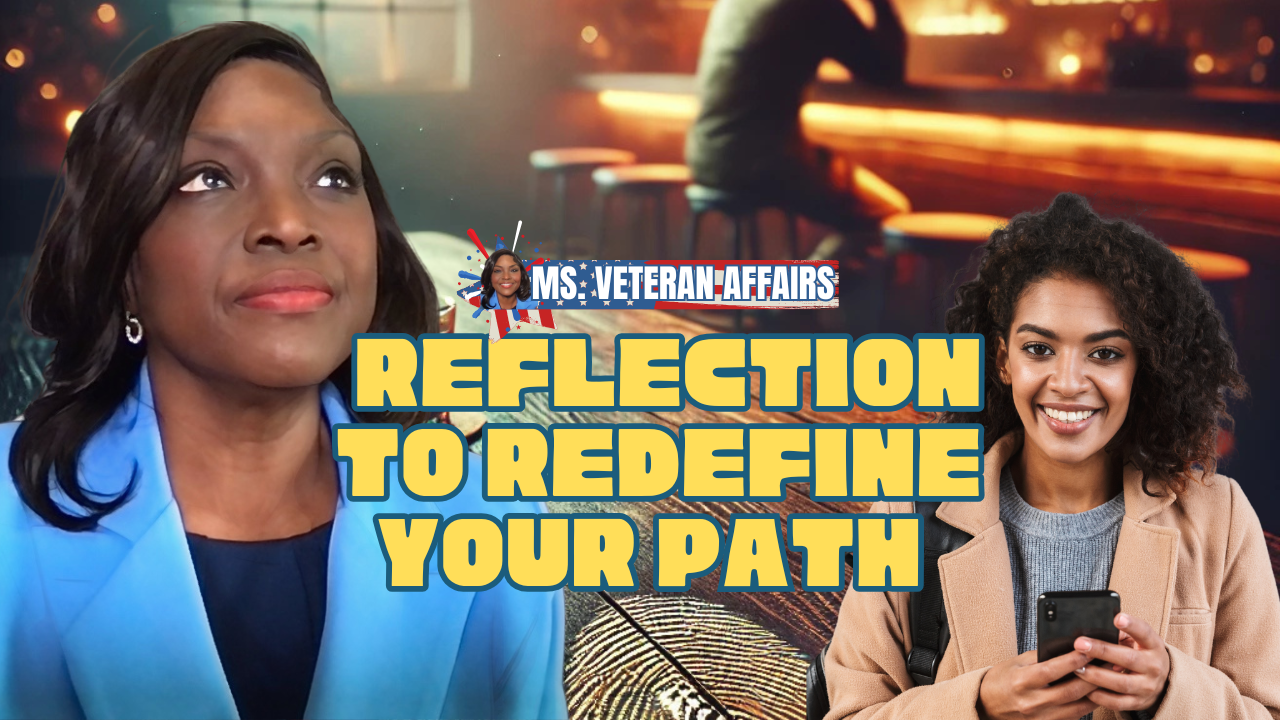Veterans Transitioning to Tech: A Path to Purpose
Jul 08, 2025
 Ms. Veteran Affairs’ Insights on Veterans Entering the Tech Industry
Ms. Veteran Affairs’ Insights on Veterans Entering the Tech Industry
A Dangerous Choice
Marcus’s hands trembled as he stared at the job rejection email on his phone. His savings were almost gone, his rent was overdue, and he had just turned down a warehouse job his buddy offered. It paid decently, but he couldn’t shake the feeling he was meant for more. Marcus had always been the soldier who found a way under pressure. Yet here he was, back in civilian life, feeling like a failure.
In a moment of desperation, he made a dangerous choice: he pawned his service medal. The one thing he swore he’d never part with. As he slid the medal across the counter to the pawnshop owner, a voice behind him froze him mid-motion.
“Don’t do it.”
He turned to see a woman in her late forties with a no-nonsense demeanor, short-cropped hair streaked with silver, and a stern expression. She wasn’t just speaking to him; she was commanding him, and he instinctively snapped to attention.
“I know that look,” she said, folding her arms. “You think this is the only option. But you’re wrong. Come with me.”
Marcus blinked. “Who are you?”
She extended a hand. “Ms. Veteran Affairs. Let’s just say I specialize in helping people like you find a way forward.”
The Meeting That Changed Everything
It wasn’t in a coffee shop, nor was it some scheduled mentoring session. Ms. Veteran Affairs had been dropping off care packages at a nearby veterans’ center when she spotted Marcus walking toward the pawnshop with the unmistakable weight of the world on his shoulders.
She didn’t let him walk away. With a firmness that reminded him of his drill sergeant and a compassion he hadn’t felt in years, she invited him to join her at a local tech community event that evening. “Trust me, this is where you need to be,” she said.
The Path Forward
That night, surrounded by enthusiastic coders, cybersecurity experts, and tech recruiters, Marcus saw a spark of possibility for the first time in months. But the road wasn’t easy.
Ms. Veteran Affairs became his mentor, coach, and occasional drill sergeant. She helped him craft a plan to transition into tech, breaking it down step-by-step:
- Recognize Your Value: “What you did in the military—leading a team, managing logistics, solving high-pressure problems—these are gold in tech,” she said, handing him a notebook to jot down his transferable skills.
- Pick a Path: Together, they explored tech fields that matched his interests and strengths. He chose cybersecurity, realizing his keen attention to detail and knack for strategy made it a perfect fit.
- Upskill Smartly: Ms. Veteran Affairs helped him enroll in a veteran-friendly online program, complete with scholarships and mentors who understood his background.
- Build Connections: At every tech event they attended, she introduced him as “a future star in cybersecurity,” boosting his confidence.
- Prepare for Interviews: She drilled him on how to reframe his military stories into assets for a tech role.
Setbacks and Success
There were moments Marcus wanted to quit. When he failed a certification exam, he nearly threw in the towel. But Ms. Veteran Affairs reminded him, “Failure isn’t fatal—it’s a stepping stone. Get up and try again.”
He did. And when he aced the exam on his second try, she was the first person he called.
The Big Break
Months later, Marcus landed his first cybersecurity role at a fast-growing startup. On his first day, as he stepped into the office, he felt the same rush of purpose he once felt on deployment. He sent Ms. Veteran Affairs a picture of his badge with a simple message: “I made it. Thank you.”
The Well-Deserved Ending
The story didn’t end there. Inspired by his journey, Marcus started volunteering at the same veterans’ center where Ms. Veteran Affairs found him. He began mentoring other veterans, sharing the lessons he’d learned.
And Ms. Veteran Affairs? She kept doing what she did best: spotting the potential in veterans, even when they couldn’t see it themselves, and turning dangerous choices into triumphant stories.
Because for her, it wasn’t just about finding veterans jobs—it was about helping them rediscover their purpose.
Discussion Questions
- What emotions and internal conflicts do you think Marcus experienced when he decided to pawn his service medal, and how might those feelings resonate with other veterans transitioning to civilian life?
- How did Ms. Veteran Affairs’ approach to helping Marcus differ from traditional job counseling, and why was it effective?
- What transferable skills from military service are most valuable in the tech industry, and how can veterans effectively communicate these during a job search?
- What role does mentorship play in career transitions, especially for veterans, and how can communities better support this process?
- How does Marcus’s journey inspire others to overcome setbacks and find purpose in new careers, and what lessons can be applied to non-veterans facing similar challenges?
Join our community today!
Gain fresh insights every week—concise, impactful lessons designed to elevate your thinking, enhance self-awareness, and empower purposeful growth.
We hate SPAM. We will never sell your information, for any reason.












